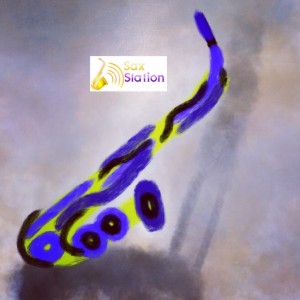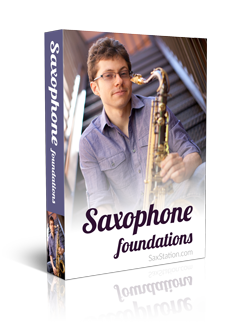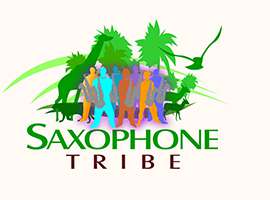 Learning by ear vs by reading, which should I approach or do I do both?
Learning by ear vs by reading, which should I approach or do I do both?
(playing two months)
-Pedro, Houston
My response:
I strongly recommend doing both from the beginning.
Personally, I started by focusing on reading. However, that meant I did not become comfortable learning music by ear until later. It can also hold you back to not be able to read.
Really, it’s similar to a language, do you want to be able to speak or read a language? Or both?
There is a lot of music that is written down that you can read. And you can often get very methodical books that allow you to progress systematically in a structured way. That approach is a lot harder to find if you do not read.
At the same time, there is far more recorded music than written music. So you can learn anything you can hear if you can learn by ear. You also can hear more than is written down.
Both of these approaches help you play music better.
In almost all cases for a language or music, you probably should do both.



Thanks Neal appreciate the feedback
Personally, having a bit of experience with multiple instruments besides saxophone, i can say that the issue of reading vs. by ear is of a bit of a complexity, because EVERYONE plays by ear to a degree. If you didn’t, you would sound like a very poorly constructed MIDI file. This is because sheet music is only a proximate representation of things. outright playing by ear requires one to know at least a bit of music theory, and the more music theory you know the better your going to be at it (i.e. knowledge of intervals, etc.), and knowledge of music theory is best served in the reading environment. Personally, I progressed from rehearsed reading, to sight reading (which is essentially playing something you’ve never read or heard before, relying only on reading to get you through it, which is a difficult art for most) and then working out a part by ear. That said, playing by ear facilitates certain instruments and styles better than others. For example, if one is playing a classical style, one is expected to play fairly close to the sheet, perhaps with the exception of a credenza, which is usually, though not always, written for the natural strings. if one is playing in a big band style, (and most popular styles such as pop) the sheet is quite a bit looser, and if one is playing most forms of jazz, improvisation skills are considered a must. In summation, reading is a tool to add to ones tool box, but it is only a tool.
Thanks great point of view